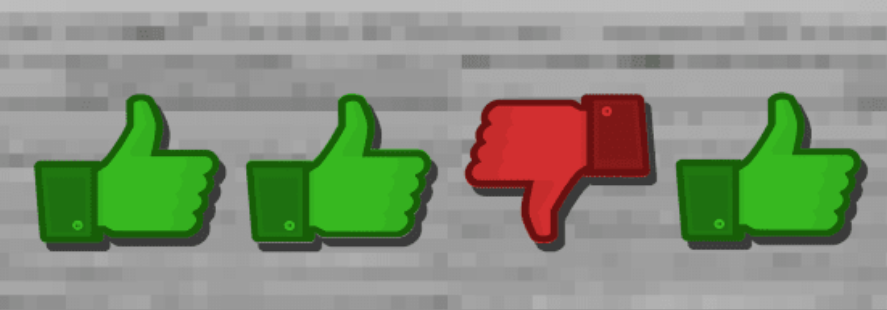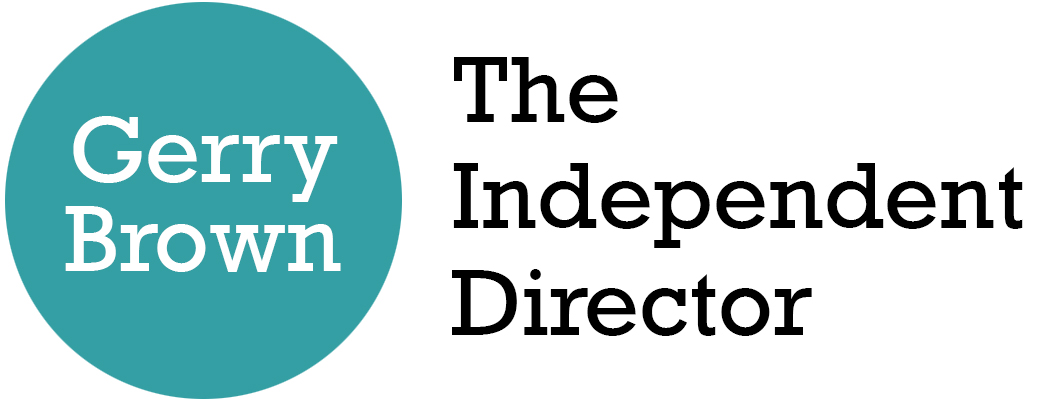
Further corporate governance blunders pend at Facebook despite window dressing of Oversight Board
FACEBOOK CEO Mark Zuckerberg recently discussed with staff (June 4 2020), the current refusal of the company to take down President Trump’s most misleading and inflammatory posts. This looks a prima facie first case for the newly founded so-called Facebook Oversight Board to quickly and actively consider, particularly in the context of President Trump’s tweet threats to repeal Section 230.
I would question the sincerity of Facebook’s approach to corporate governance given strong staff objections to online content hosted by their employer but also in the context that their newly founded supervisory body – the Facebook Oversight Board - is not going to sit for the first time until “later this year” or possibly even in January 2021. In both instances, despite “working hard to set the Board up to begin operating later this year so it can start considering cases” it appears likely that these issues won’t get considered at Facebook - let alone adjudicated upon - until AFTER the latest Presidential elections.
Given that the mission statement of the Facebook Oversight Board is to make ‘decisions on what content Facebook & Instagram should allow or remove, based on respect for freedom of expression & human rights’ it seems this new-found enthusiasm by Mark Zuckerberg for the healing balm of increased corporate governance is so superficial it barely runs skin deep. Beyond the unnecessary delay in being operational and never mind not holding abusive content to account, also very troubling is the casual disregard the company has for sensible corporate governance best practice when it comes to supervisory board independence, composition and size.
Though specific details are still thin on the ground, according to Nick Clegg, this twenty (20!) person Facebook Oversight Board will serve on a fixed term three-year basis while they also ‘self-select a further twenty to join them’. While, doubtless, there will be a diversity of opinion and background within any group with a membership of twenty, this board already looks unwieldy in relation to Mark Zuckerberg’s absolute right to govern Facebook how so ever he chooses. This probably toothless Facebook Oversight Board is an additional resource to supplement the notoriously ineffective corporate governance fig leaf of the notional checks and balances notionally already provided by the eleven members of the existing main Facebook board.
Though, obviously, different legislative regimes operate in the US compared to the UK, don’t just take my word for this being a sub-optimal situation, Facebook board member and PayPal founder Peter Thiel agrees this with me on this matter. Indeed, in his 2014 book Zero to One, Thiel states, ‘A board of three is ideal…By far the worst you can do is to make your board extra-large. A huge board will exercise no effective oversight at all; it merely provides cover for whatever microdictator actually runs the organisation. If you want that kind of free rein from your board, blow it up to giant size. If you want an effective board, keep it small’.
Despite spurious claims to neutrality contradicted by Facebook’s own research and that of Pew too - according to ‘Ad Contrarian’ (Advertising industry & social media critic) Bob Hoffman this shows 60% of those polled believe ‘Facebook was far more effective at dividing the world’ than the 11% who saw them uniting it - who will Zuckerberg listen to when it comes to trying to effectively controlling his platform?
Will good corporate governance at Facebook be driven by the existing board, his staff, the President, advertising revenues or the yet to sit Oversight Board? If Mark Zuckerberg wants straightforward advice I am more than happy to offer him immediate assistance or else provide guidance upon various possible routes to immediate better practice.
Notes:
Oversight Board tweet 30.05.20
There are many significant issues relating to online content that we recognize people want the Board to consider. We're working hard to set the Board up to begin operating later this year so it can start considering cases referred by users and Facebook.
Oversight Board mission statement:
The Oversight Board makes decisions on what content Facebook & Instagram should allow or remove, based on respect for freedom of expression & human rights
Zeynep Tufekci in The Atlantic
Trump is working the refs—specifically the one who has absolute control over the most important platform: Mark Zuckerberg. This happened in the run-up to the 2016 election, too. Meanwhile, everyone is analyzing legal details of an order whose purpose isn't to be legally-enacted.
The method is simple: It involves badgering them with accusations of unfairness and bias so that they bend over backwards to accommodate a “both sides” narrative even when the sides were behaving very differently, or when one side was not grounded in fact.
Tortoise 02.06.20
Facebook staff, including some senior executives, have threatened to quit, staged a virtual walkout and written angry words about their boss’s refusal to take down President Trump’s most inflammatory and/or misleading posts. In a boat, this would be a mutiny. At Facebook, it’s new territory for CEO Mark Zuckerberg, who has not faced such fierce internal dissent in 15 years. Last Friday he said he had a “visceral negative reaction” to a Trump tweet that seemed to encourage police to shoot at demonstrators, but remained “committed to free expression”. To which one of his engineers responded: “Silence is complicity”. He will discuss the issue with staff on Thursday
Bob Hoffman 31.05.20
On Tuesday, The Wall Street Journal had an exceptionally damning piece about the lovely folks over at Facebook. According to The Journal, after the 2016 election... "Facebook had kicked off an internal effort to understand how its platform shaped user behaviour and how the company might address potential harms. Chief Executive Mark Zuckerberg had in public and private expressed concern about “sensationalism and polarization.” So an internal review by a Facebook team ensued. The team found that contrary to Zuckerberg's [nonsense] about "connecting the world" Facebook was far more effective at dividing the world. (Research conducted by Pew reinforces this conclusion. Only 11% of Americans believe that tech biggies have a uniting effect, while 60% believe they have a dividing effect.)
Image credit: fastcompany.com
